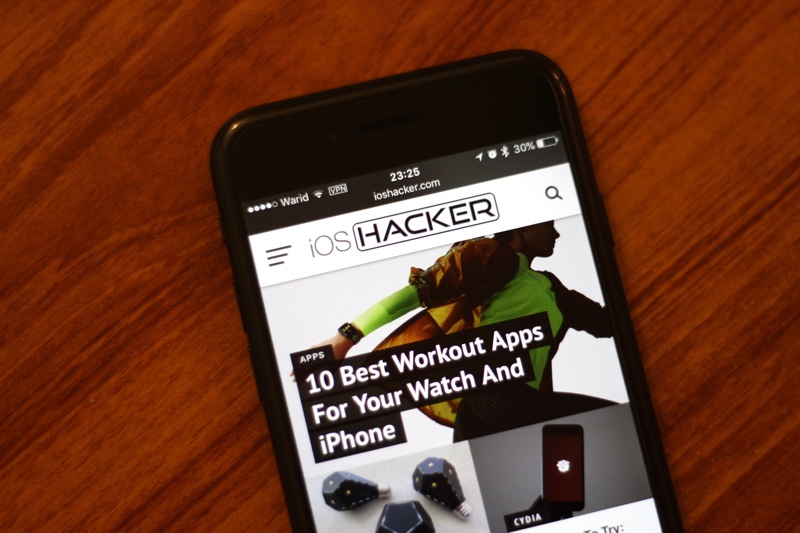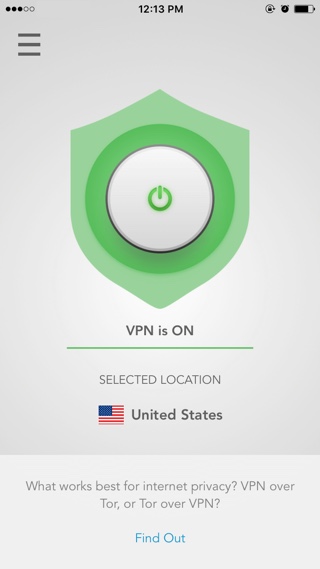As you may know, when you browse the web, your Mac or iPhone is uniquely identified by a number string known as an IP address , which any site can log along with your browser’s user agent. When you want to display a different address than your actual IP, the two main options are to use either a proxy or a Virtual Private Network (VPN).
Proxies and VPNs are similar solutions in that they can both get you a new IP quickly, but proxies are better suited for certain purposes, particularly when reliability, speed, and security are top priorities. More specifically, proxies are preferable any time you need unique IP addresses for business-related purposes, or in any of the following scenarios:
For Ad Verification
When you purchase proxies from a provider for your Mac or iPhone, you have control over which proxy server you’re going to be accessing, as you can decide which geographical area the server will be located in. Many businesses use dedicated (private) proxies to view their own geo-targeted ads from other regions, so they can verify that the ad is being displayed properly.
For example, you could log into a proxy server located in Florida and then visit one of your ads to ensure that your Florida market is seeing the right ad. Having 5-10 proxies located in different regions will give you the ability to instantly check what your ads look like in different parts of the country or internationally. It’s harder to control the location of VPN IP addresses and they’re often met with general ad responses, so VPNs aren’t feasible for ad verification.
For Data Harvesting
The vast majority of VPNs just simply aren’t fast enough to accommodate large-scale data harvesting. If you plan on using web scraping tools to gather data automatically, proxies are the way to go. VPN connections frequently timeout and experience slow loading times that would make data harvesting a slow and unsuccessful process in most cases. If your goal is to scrape lots of data quickly and effectively, look for a proxy provider with a large pool of IP addresses and unlimited bandwidth capabilities.
Better Performance
Ultimately, anytime you need better performance, proxies beat VPNs. There are a few VPNs out there that provide surprising performance (in comparison to other VPNs), but when stacked up against a dedicated proxy server , there really is no comparison.
Proxies experience fewer connection errors, allow for much faster browsing, and are safer to use. VPN’s are okay for basic anonymity, but when you’re trying to run advanced software and perform mission-critical marketing tasks, proxies are still the best option performance-wise.
How to Choose the Right Proxy Type and Provider
It’s important to note that not all proxy types offer the performance benefits mentioned above. Many shared proxies can actually be similar to VPNs in terms of reliability, especially when you’re pulling shared proxies from a freely available list or database. In fact, there are some high-quality VPNs that perform better than free shared proxies.
The best proxies you can buy are dedicated/private, which means they’re only going to be leased/used by you on your Mac or iPhone. Before making your selection, it’s a good idea to compare providers and read reviews from a leading proxy-related resource like Proxyway.com.









